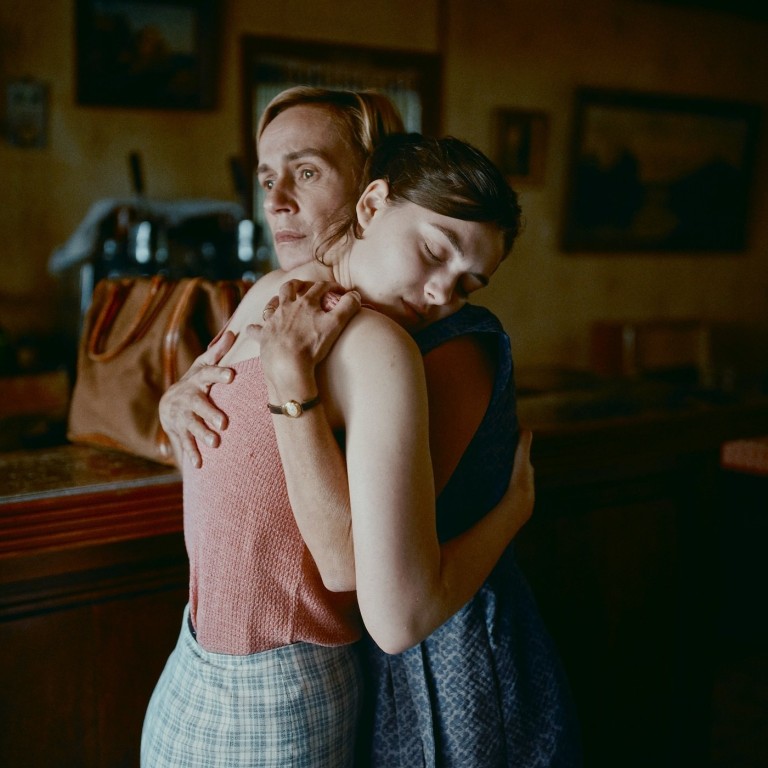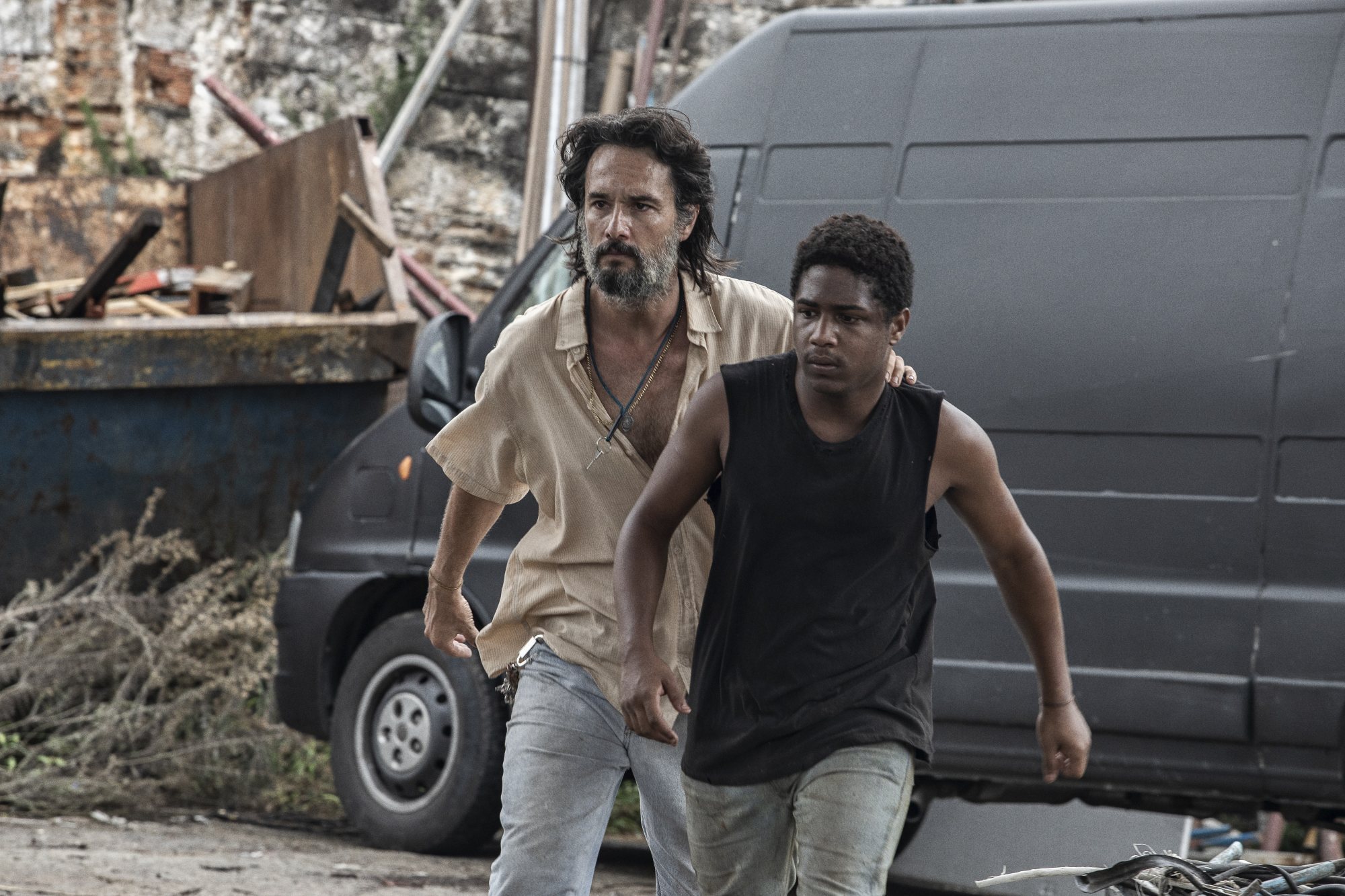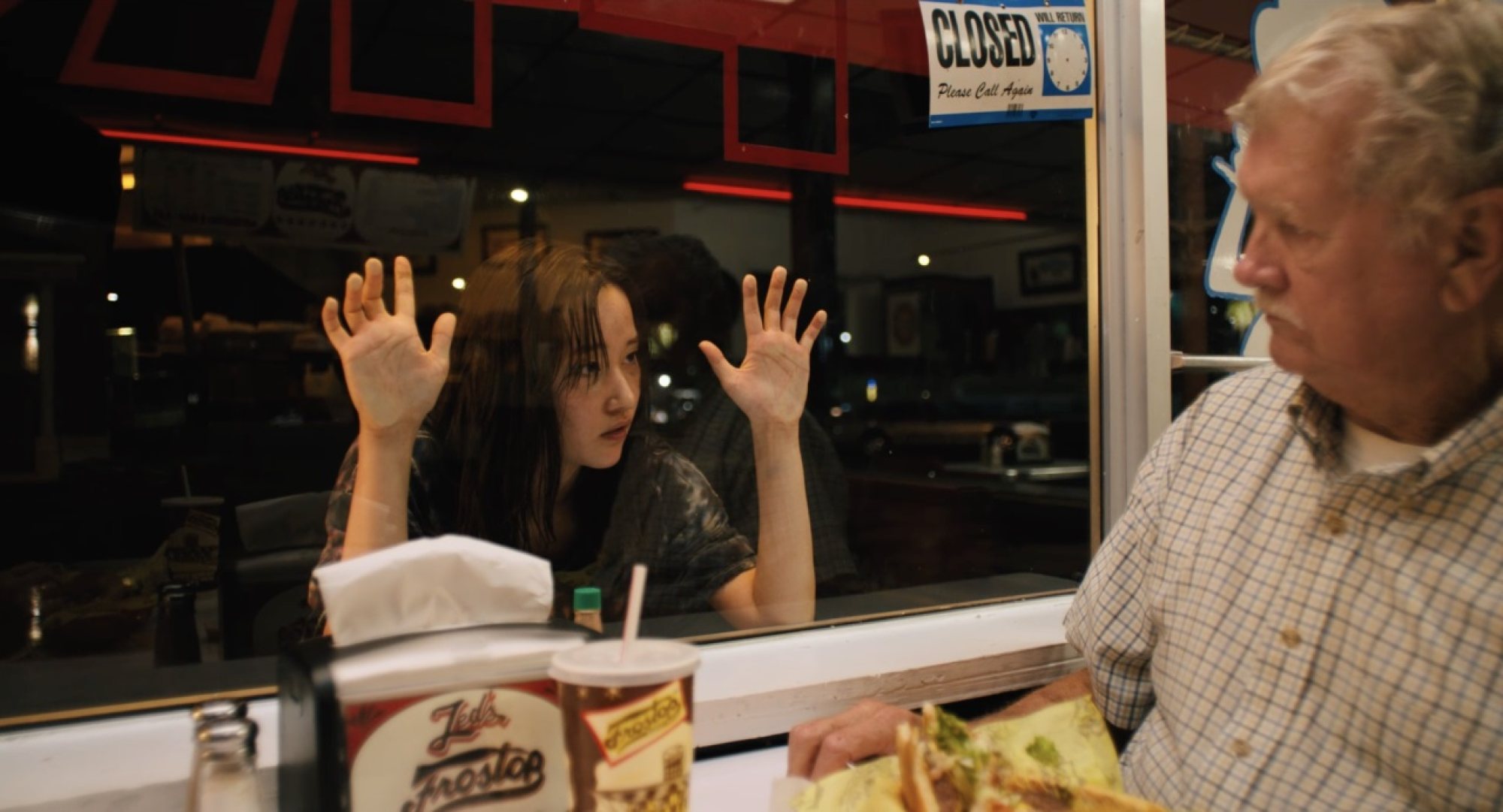
Venice 2021: the 10 best movies, from Happening, the Golden Lion winner, to Netflix’s The Power of the Dog with Benedict Cumberbatch, Dune, and Parallel Mothers with Penélope Cruz
- The jury, led by Parasite’s Korean director Bong Joon-ho, was taken by Audrey Diwan’s abortion drama Happening (L’Eventement) which claimed the Golden Lion
- Denis Villeneuve’s Dune was a truly jaw-dropping cinematic experience, while Tim Roth is excellent as a man drifting towards oblivion in Sundown
For 12 days, the 78th Venice International Film Festival showed the film world what it had been missing this past year, with a perfect cocktail of red-carpet glamour and top-notch movies.
But festival director Alberto Barbera added substance to the stargazing, with an impressive official selection of films.
Here, in no particular order, are 10 of the best from this year’s festival.
Happening
Encouraged by her director, newcomer Anamaria Vartolomei gives a startling performance as a young woman who falls pregnant and seeks an abortion, despite strict French laws against it.
The Hand of God
Fresh from his foray into television with The Young Pope and its follow-up The New Pope, which both premiered in Venice, Paolo Sorrentino’s latest is his most personal, plundering both tragic and tender memories. It claimed two awards, including the Silver Lion Grand Jury Prize, and perhaps should have won the Golden Lion.
The Power of the Dog
Benedict Cumberbatch offered up a fearless turn as a repressed and violent rancher who unravels when his brother (Jesse Plemons) falls for a local mill owner (Kirsten Dunst). Taken from the Thomas Savage novel, Campion’s subtle, striking adaptation was also another feather in the cap for backers Netflix, the streamer allowing her room to realise her artistry on an impressive scale.
Dune
The festival’s one true blockbuster, Denis Villeneuve’s Dune shook the Lido – quite literally. The earsplitting Hans Zimmer score and the bone-shaking sound design was enough to cause the ground to tremor outside the Sala Grande theatre.
With a cast led by Timothée Chalamet and Zendaya, two 20-somethings with more Instagram followers than there are stars in the known galaxy, it was a truly jaw-dropping cinematic experience. The arrival of the sandworm is a moment not to be forgotten.
Old Henry
What a western this was. Playing out of competition, Potsy Ponciroli’s early-20th-century tale of a farmer (Tim Blake Nelson) and his son (Gavin Lewis) caught up in a violent showdown was a simple story, craftily written and punchily executed.
Nelson’s taciturn cowpoke was almost the antithesis of the gun-twirling showman he played in the Coen brothers’ The Ballad of Buster Scruggs, but he was once again superb. Scott Haze and Stephen Dorff also shone as the two men that bring bloodshed and bullets to Henry’s porch in a story that saves its powder for an explosive final reel.

7 Prisoners
This Brazilian film, backed by Netflix, was the surprise package of the festival. Alexandre Moratto (Socrates) co-wrote and directed this tale of human trafficking and exploitation, with his mentor Ramin Bahrani (99 Homes) on board as producer.
Four young men arrive in Brazil’s São Paulo, lured with the promise of paid work to support their families back home. But what awaits is shocking, as they become enslaved by the ambitious owner of a scrap metal junkyard (Rodrigo Santoro, brilliant).
10 films premiering at autumn festivals that could lead race for awards
A story that deals with corruption and cruel exploitation, it also came complete with a muscular turn by Christian Malheirois as the college-educated Mateus, who to survive is faced with a soul-destroying moral dilemma.
Sundown
Last year, Mexico’s Michel Franco brought his ultra-violent New Order to the Lido, battering viewers with its bleak world view. Sundown also offered up a tough-to-take look at modern-day Mexico, with theft, kidnapping and murder commonplace.
Tim Roth, who played in Franco’s 2015 film Chronic, stars as a British holidaymaker in Acapulco who shirks his familial responsibilities when a crisis back home escalates. Roth is excellent as a man drifting towards oblivion in a story that rinsed everything out of its 83 minutes.
Ennio
Giuseppe Tornatore’s documentary about Ennio Morricone, who died last year after composing the scores for 400-plus movies, was an exhaustive 165-minute celebration of the work of the maestro.
Perhaps the most shocking moment was hearing words from the famously media-shy Terrence Malick for the Days of Heaven segment. Now that feels like a real coup.

Mona Lisa and the Blood Moon
The Korean actress plays the titular Mona Lisa, a straitjacketed asylum patient who discovers she can control those who look into her eyes. Kate Hudson’s opportunistic stripper takes her in, for a story that bounces along with a rambling charm. Like Mona Lisa, it’ll leave you hypnotised.
Parallel Mothers
She plays a photographer opposite Milena Smit, a teenager whose own pregnancy came with trauma. Almodovar weaves these personal stories with a wider backdrop involving Spain’s own difficult past in the Franco regime – a bold move.

 (1).JPG?itok=0BHk6odg&v=1665981271)